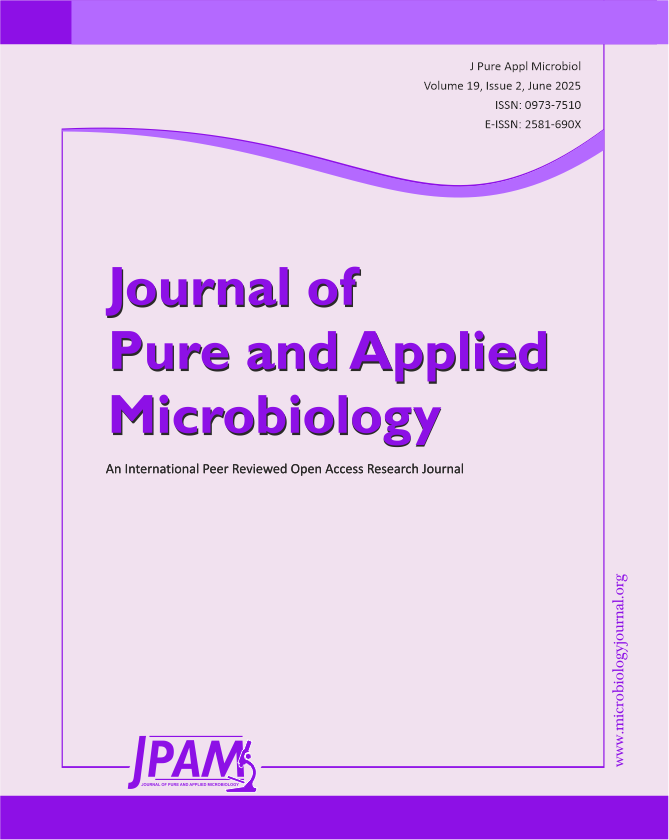Microbes play a crucial role for us and are present everywhere, such as in human and plant microbiota, and in each ecosystem, they have various medicinal and industrial applications to ease our livelihood. The microbes act as catalyst to enhance useful content of plants such as secondary metabolites and also ameliorate the health, growth and development of the plant. Microbes are eco-friendly in nature, they are effective and low-cost in production of valuable things. Several studies revealed that microbes induced plants are excellent modulator of secondary metabolites of human interest. In this review article, the authors try to compile various microorganisms which are key enhancer of natural antioxidant compounds in plants. This study based on beneficial plant microbes that enhance the plant’s growth and also enhance the content of biologically active compounds in the host plants. Among the microbes, some bacteria, actinobacteria, cyanobacteria and fungi were excellent modulator of secondary metabolites present in the plant. Additionally, they improve plant health and development and also protect from various infections and stresses. This study concluded that among the microbes, bacteria and fungi showed enhancement in flavonoids, phenolics and carotenoid content and how they modulate their metabolite content after microbial inoculation in plants; and also increase their immunity against biotic and abiotic stresses, whereas actinobacteria enhanced growth factors which increase the defence mechanism of plants against various infections.
Microbes, Induced, Plant, Secondary Metabolites, Carotene, Flavonoid
© The Author(s) 2025. Open Access. This article is distributed under the terms of the Creative Commons Attribution 4.0 International License which permits unrestricted use, sharing, distribution, and reproduction in any medium, provided you give appropriate credit to the original author(s) and the source, provide a link to the Creative Commons license, and indicate if changes were made.


